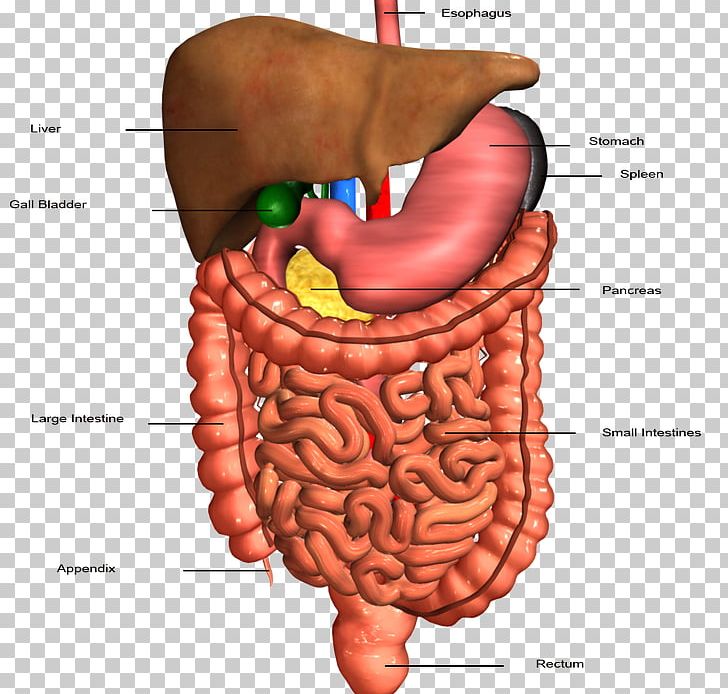Your gastrointestinal system that includes your stomach small intestines and colon has a sophisticated enough nervous system that it s sometimes called the second brain

Your Gastrointestinal System: The Second Brain

Did you know that your gastrointestinal system is so intricate and complex that it is often referred to as the “second brain”? Yes, the system that comprises your stomach, small intestines, and colon has a nervous system sophisticated enough to earn this remarkable nickname.
Research has shown that the gastrointestinal system has a neural network containing approximately 100 million nerve cells, which is almost equivalent to the number of cells present in a cat’s brain. This intricate network, known as the enteric nervous system (ENS), governs the functions of digestion, absorption, and elimination in the gastrointestinal tract.
The idea of a second brain controlling your gut may seem unusual, but it serves an essential purpose. The ENS communicates with the brain via the vagus nerve, forming a bidirectional connection. This connection enables the “gut feeling” or intuition that we often experience in our daily lives. It explains why our emotions can affect our digestive processes and vice versa.
Various neurotransmitters found in the gut play a crucial role in this “gut-brain axis.” These include serotonin, dopamine, and gamma-aminobutyric acid (GABA), which influence our mood, appetite, and overall gut health. For example, serotonin, a neurotransmitter commonly associated with well-being, is primarily produced in the gut.
Moreover, the ENS has an extensive network of neurons that regulate processes like peristalsis, the rhythmic contractions that move food through the digestive tract. This intricate system ensures smooth digestion and absorption of nutrients. It also manages the gut’s immune response, protecting the body from harmful bacteria and viruses.

Understanding the complexity of the gastrointestinal system and its influence on overall health has prompted scientists to study the gut-brain connection further. Researchers have found links between an unhealthy gut and several mental health disorders like anxiety, depression, and even neurodevelopmental conditions such as autism spectrum disorder.
Maintaining a healthy gut has become increasingly important, not just for physical well-being but also for mental and emotional health. Consuming a balanced diet rich in fiber, probiotics, and prebiotics can promote a healthy gut microbiome, positively impacting the functioning of the enteric nervous system.
As research in this field continues to progress, we are discovering how intricately connected our brain and gut truly are. The “second brain” in our gastrointestinal system plays a crucial role in our overall well-being. So next time you experience that intuitive feeling in your gut, remember the amazing complexity and intelligence of your second brain.
References:
Tags
Share
Related Posts
Quick Links
Legal Stuff

